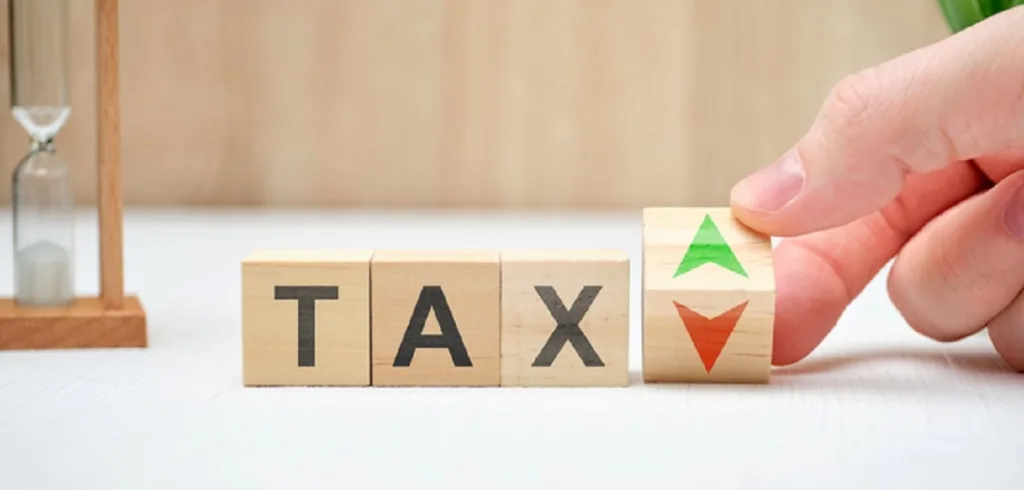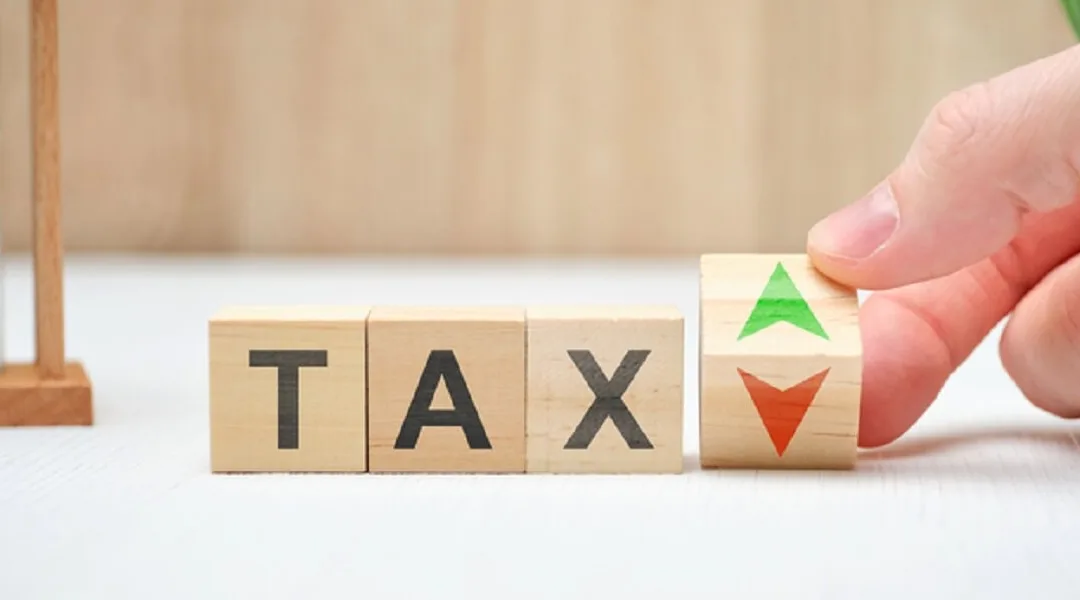
Recently released data shows that 28 Australians hold more than $100 million in super and 107 hold more than $50 million. These look like eye watering numbers, particularly when you realise that the earnings on these super accounts are taxed at the same level as for people with an ‘average’ balance of around $170,000.
These high balances have led to many calls to reduce the tax concessions on these accounts. We reported in March on the Federal Government’s intention to change how super is taxed. And earlier this month Treasurer Jim Chalmers presented draft legislation to do just that. If the legislation is passed the new tax will commence from 1 July 2025.
How will tax on super now change?
The proposed new law will increase the tax on earnings by an additional 15% for amounts in super above a threshold of $3 million. But this won’t affect many people. Only about 0.5% of Australians hold more than $3 million in super, so the remaining 99.5% won’t be affected at this stage. However, because the $3 million threshold isn’t currently indexed, it’s likely that, over time, more and more people will be affected by this change.
The major reason for the change is that earnings on super are taxed at a very attractive rate; only 15% compared to the top marginal tax rate of 45%. So someone at the top tax rate receives a huge benefit from having their investments within super. Even under the new tax rates they will still enjoy a much lower tax rate within super than outside. And for the vast majority of people with balances below $3 million the 15% tax on earnings remains very attractive.
But beware the detail
As always, although this change in tax sounds simple, there is some fine print that is worth considering. The taxation of super applies to your Total Super Balance (TSB). It’s important to understand your Total Super Balance may vary from your current account balance as there may be other amounts that need to be included. You can check your current TSB using your myGov/Australian Tax Office link, but it’s important to double check that all reporting (including from an SMSF) is up to date. The Australian Tax Office also offers a way to calculate your own TSB, but it is very complex, so it would be wise to double check your calculations with your accountant or someone similarly qualified.
The new tax will not apply to all earnings on the balance in excess of the $3 million, but rather to the so-called ‘basis earnings’. And negative earnings can be transferred forward from one financial year to another to reduce future higher balances before tax is be calculated.
Simple sums: What will this legislation look like in action?
Here’s an example for a widow called Anne.
Anne has a Self-Managed Super Fund (SMSF) with $1.5 million in shares and cash as well as an investment property which is valued at $2 million. This means that, from 1 July 2025, she will exceed the $3 million cap if the new legislation passes. Her tax assessment will be based upon a $3 million balance taxed at 15% and the excess ($500,000) will be taxed at 30%. If the value of her holdings increase over the intervening time, the excess taxed at 30% will naturally be higher.
Retirement tax breaks
Not all people who are eligible take advantage of the tax breaks. Why is this the case? In many cases the answer is that we just don’t know what to do, particularly during retirement. For many people the rules surrounding super can be almost as bewildering and frustrating as dealing with Centrelink. Retirement Essentials understanding super consultations can help explain the rules in straightforward language and allow you to have your questions answered by our qualified financial advisers.
Planning ahead
If you are near the Total Super Balance of $3 million and feel you could be affected by this change in legislation, you too may wish to take advantage of an understanding super consultation to discuss how to calculate your TSB, the likelihood of paying extra tax, and options available to you along the way.
Do you agree with this tax crackdown on super?
Is it fair or should higher balances be taxed at the current rate of 15%?



Good idea! But there needs to be indexation so “average” people aren’t caught up in Super-Bracket Creep.
And the tax should be progressive. Us low super balance people shouldn’t be subsidising the mega rich who page their giant sums in our super schemes. Let them compete in the real world..
It is very fair to tax those with with $3million more than normal people who only have $170thousand in Super. The wealthy should help the government to pay for the poor and underpriviledged
The additional tax for balances over $3m is not just on earnings, it includes tax on unrealised capital gains. Your explanation in the article ignores this.
Thanks for responding to the article, the proposed legislation is complex and still in draft working its way through the Parliamentary process, along with our readers we await the final outcome and details.
I think you have mis- represented “Annes’ situation. Her fund is NOT taxed at the rates mentioned – however, the income on her balance in excess of $3m will be ! Her investment property could be losing money.
Thanks for responding to the article, the proposed legislation is complex and still in draft working its way through the Parliamentary process, along with our readers we await the final outcome and details.
With reference to a Self-Managed Super Fund [SMSF] with 2 x members in the Fund.
Is the $ 3 million still applicable for the $3 million cap or is it double this amount?
Thanks
Thanks for responding to the article, the proposed legislation is complex and still in draft working its way through the Parliamentary process, along with our readers we await the final outcome and details.
Hi Flavio,
Each member will have their own balance. The tax triggers for a member with 3M or more.
This would one case where slight asymmetry (2.9M/3.1M) would help. Only the 3.1M member would be in the crosshairs of the tax as we now understand it.
Taxing “unrealised” gains is absolutely wrong….especially for those who are invested in stocks, and even bonds, whih can be volatile depending on mix, markets, world events etc. In effect, it is already done as funds are valued at their market value at year end and the drawdown amount is based on that fund value….but at least value is not taxed until a gain is realised. This is just so wrong. Big funds, especially with unlisted assets, will engage in creative accounting to limit what the unrealised gain looks like.
Please explain if State Super defined benefits pensions are excluded from the calculation for the new tax on super legislation? Thank you.
Hi Mx Evans, thank you for seeking further clarity. At this point it is too early to know that, the proposed legislation mentions DBs but the impacts for specific products will not be known until the legislation is passed and the product providers will then be able to provide the information relevant to their products.
Arrr, the politics of envy. Always a sure way of getting support for another tax grab. Pull out examples of a few high balance funds (always SMSFs) and imply that they are rorting the system.
As you should know money going into super is either before tax money (concessional) and after tax money (non concessional). Those contributions are taxed differently when put into the fund. Concessional taxed15% up to the cap of $27,500 per annum, thereafter at your marginal tax rate. Non concessional tax free up to the cap of $110,000 per annum, above that taxed at the highest marginal tax rate of 47%. This applies up to the transfer balance cap of $1.9M. In practice there other complicated rules which apply. However the simple fact remains that contribtions above these caps have already been heavily taxed. Why someone would put this amount in is a good question.
Anyway, the government should be encouraging people to put as much into super as they can afford. Make it tax free on the way in, and tax it as ordinary income on the way out.
Wow. $3 million plus and only that over $3 million will will incur any taxation when I’m the super pension account phase. It sure beats PAYG rates for those working! And, many would say, about time!